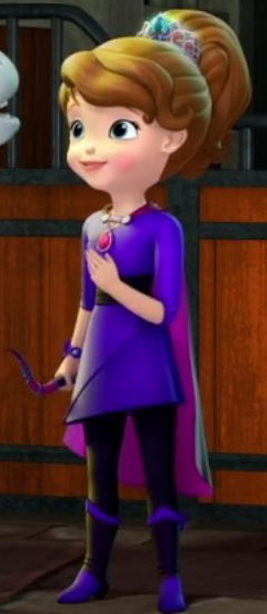LittleOwlbear
 Minstrel
Minstrel
My first thought reading this: don't refer to them as man's clothes, just as the piece of clothing you are refering to, so you avoid this alltogether. Just say "she likes wearing pants for practical reasons, in her free time she's wearing both, pants and dresses."
Also man's clothing ofc must be remade for most cis women bodies having a smaller frame, leaving room for breasts and a bit different hip-waist ratio. I made a few cosplays and learned it this way.
Also man's clothing ofc must be remade for most cis women bodies having a smaller frame, leaving room for breasts and a bit different hip-waist ratio. I made a few cosplays and learned it this way.

 Vala
Vala

 Maester
Maester